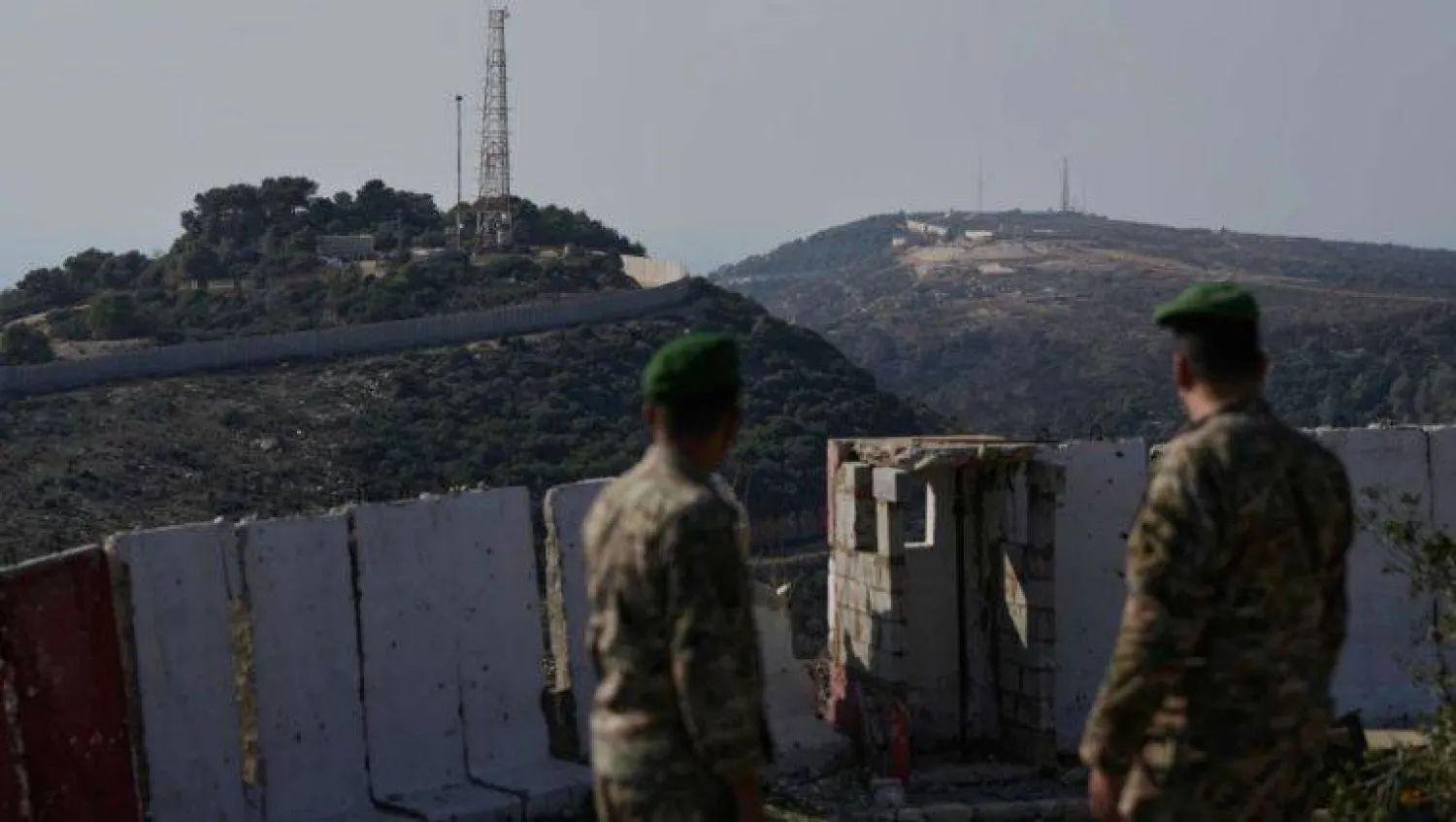Turkish President Recep Tayyip Erdogan has revealed that he asked US President-elect Donald Trump to halt American support for the Kurdish People’s Protection Units (YPG), the Syrian arm of the Kurdistan Workers’ Party (PKK).
Erdogan stated Friday that during a phone call with Trump immediately after his re-election, he stressed the need to end US support for the YPG, the largest faction within the Syrian Democratic Forces (SDF), asserting that Türkiye would not compromise on securing its borders against terrorist threats.
In remarks to journalists on his return from Budapest, where he attended the fifth meeting of the European Political Community, Erdogan said: “We will continue discussions with Mr. Trump in this new period and will address regional developments, including the US withdrawal from Syria.”
The Turkish president emphasized his country’s commitment to establishing a 30-40 kilometer security zone along its southern border to neutralize terrorist threats from the PKK and the YPG, which Ankara views as the PKK’s Syrian arm.
“Our efforts to penetrate into Syria and Iraq to target terrorists and eradicate terrorism at its source will continue relentlessly,” Erdogan declared. “As we have stated verbally, we also demonstrate through our actions that we will not allow the formation of a terrorist corridor along our southern border. We will pursue terrorism beyond our borders.”
Ankara considers the YPG an extension of the PKK, which is classified as a terrorist organization by Türkiye, the US, and the EU. The Turkish government has consistently urged Washington to end its support for the YPG, which the US views as a crucial ally in the fight against ISIS.
Türkiye has launched multiple military operations targeting SDF-controlled areas where the YPG predominates and continues strikes against these forces through its troops stationed in northern and eastern Syria, as well as with support from factions of the Turkish-backed Syrian National Army.
The Turkish military presence in northern Syria remains a barrier to Ankara’s efforts to normalize relations with Damascus.
In his first term, Trump announced on December 19, 2018, that he would withdraw US forces from Syria, asserting that they had achieved their goal of defeating ISIS. The decision led to the resignation of then-Defense Secretary James Mattis, although Trump later reversed the decision and delayed the withdrawal plan.
Last year, the US Senate overwhelmingly rejected a resolution calling on President Joe Biden’s administration to withdraw American forces from northeastern Syria.









